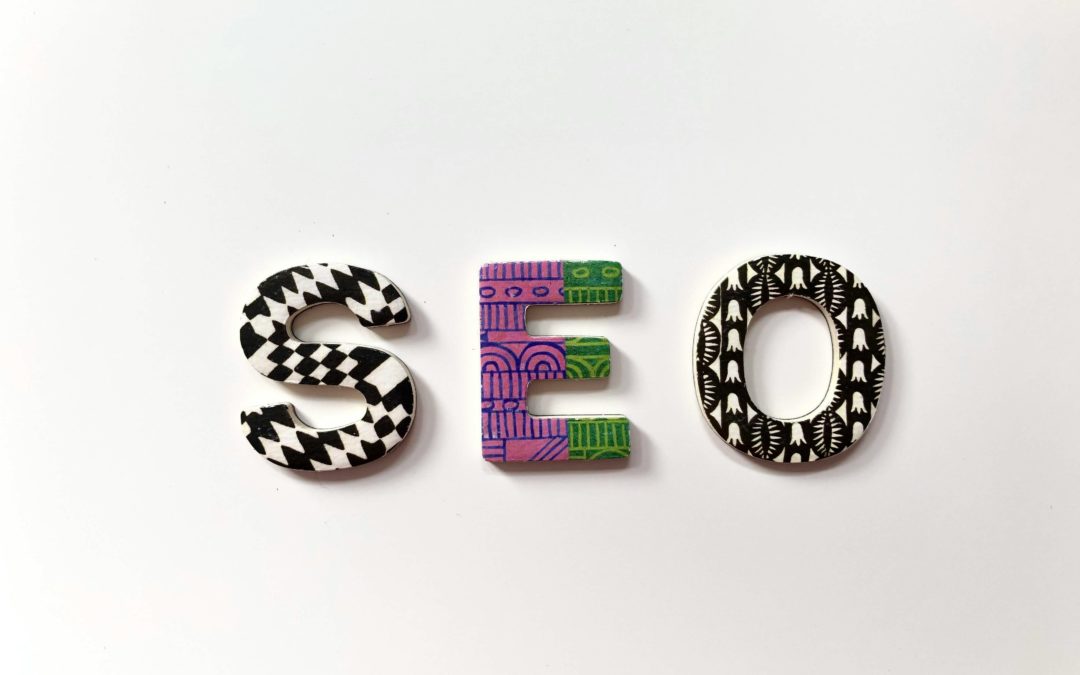The only ‘real person’ expert on SEO we know, our friend Heather Robinson from Skitti.sh reveals in refreshingly plain English a few surprises about this dark art!
The “smoke and mirrors” world of SEO has its fair share of conspiracy theories, folklore and misconceptions. In this article we look at just a few of the SEO myths we’ve heard recently and try to establish where they’ve come from and what the truth is behind SEO best practice.
Myth #1: Having a social media feed on your website is good for SEO
We think this comes from the notion that Google likes websites that are updated with new content frequently and (assuming you update your social media profiles regularly), having a feed of your Facebook posts or tweets can help you achieve this without having to update anything on your website.
It’s true, to some extent, that Google likes fresh content, however it doesn’t necessarily have to come from social media. In fact, if you’re looking for real SEO (and user) benefit, you’d be better investing some time in content marketing, producing keyword-rich, relevant articles and resources that Google (and your users) will love and keep coming back to your website to read. Social media feeds, in our opinion, can be a distraction and take people away from your website. Lose someone to Facebook, and it’s unlikely they’ll come back!
Myth #2: Having a video on your website is good for SEO
We wrote a post on this a few years ago, but it seems there’s still some confusion. It’s really not as simple as having a video on your website will be good for SEO. Yes, videos rank high in Google’s search results (usually on YouTube, though, and not your website). Simply embedding a video from YouTube on your website won’t do much for SEO. Your videos need to be optimised to start with to get them to rank on YouTube first of all. But that doesn’t always mean your website will be rewarded in the search results too.
If you want to add real SEO value from your videos on your website, remember that Google cannot watch your videos, it will rely on additional information on the website to rank your page, so consider adding a transcript of the video on the page as well. This gives Google something to “read”, and, if your video is relevant, your transcript should provide some great keyword-rich content that’s useful to both your visitors and Google’s bots.
Myth #3: Duplicate content results in a penalty
This comes from the belief that Google doesn’t like duplicate content. And, this is true, to some degree. Google doesn’t want to show search results that are made up of essentially the same content on different pages or websites. This isn’t a good user experience and Google knows this. In order to provide the most relevant and useful results to users, Google will rank the original version of the content (or the version it believes to be the original) and generally won’t rank (or even index) the duplicates of the page.
So, although there’s no penalty for duplicate content, you may find that if you have duplicate content on your site, it doesn’t appear in the search results. Duplicate content can pose issues when Google believes the wrong version is the original, so it’s important to help Google out with the rel=canonical tag when you can.
Myth #4: Visiting your own website helps with SEO
This one dates back a few years when someone told me the first thing they did every morning when they started up their computer was to visit their own website as it “helps with SEO”. We’re not sure where this came from, but perhaps this is linked to your click through rate (CTR) in search results. If you search for your own website then click on the link, you’re manipulating the CTR to some degree (but not enough to actually affect rankings). The danger of this is that you then hit the back button, returning to the search results, Google will see as an indicator that your site wasn’t relevant which will negatively impact your rankings.
Just typing in your website address and visiting your own home page, will do nothing. How different the SEO world would be if it did!
Myth #5: Meta keywords tag is important
Some CMSs (particular of the free website builder variety) give you the option to add meta keywords to your pages and label this as an SEO benefit. Back in the day, the meta keywords tag was a really simple way to optimise your website for different keywords. But, as with any simple solution, it became too simple to manipulate and resulted in some very poor search results. So, in 2009, Google dropped the keywords tag from its algorithm altogether and, since then, it’s been pretty much redundant.
Focus on your page titles and meta descriptions if you want some real SEO benefit.
SEO myths are abundant and in some ways, we’re glad they are – partly because they provide us with some entertainment, but also because as long as the competition are believing them, we don’t need to worry too much! 😉

